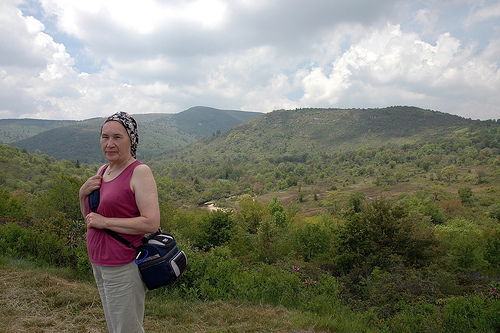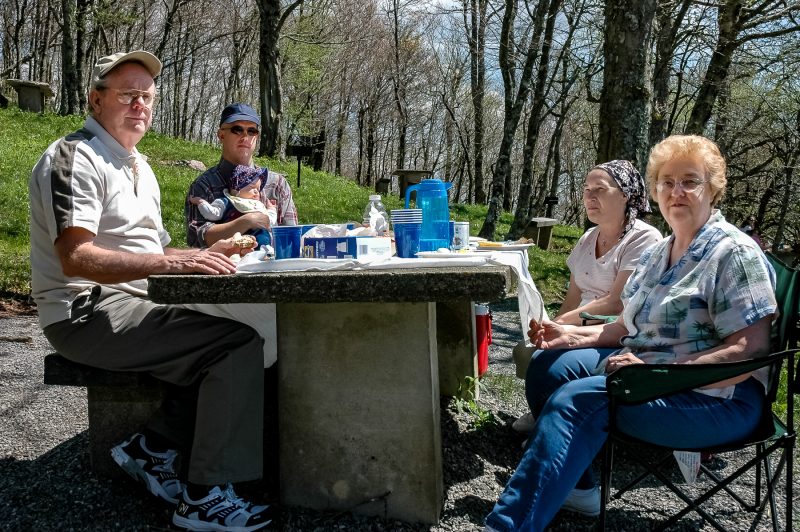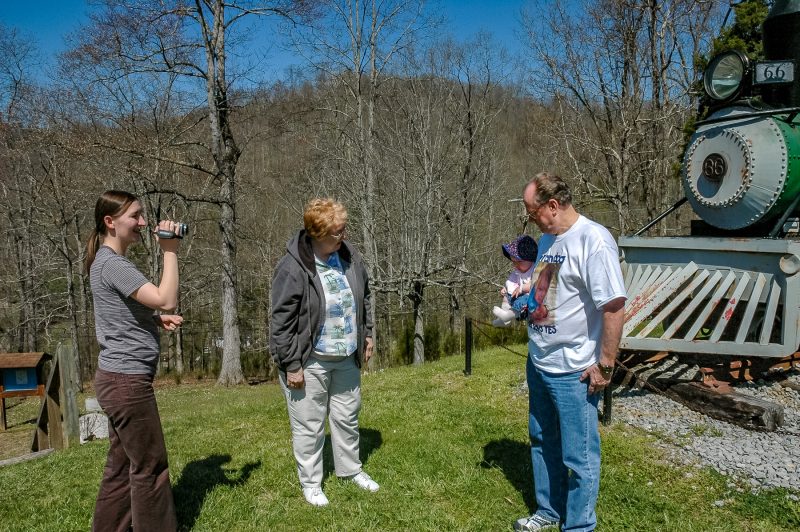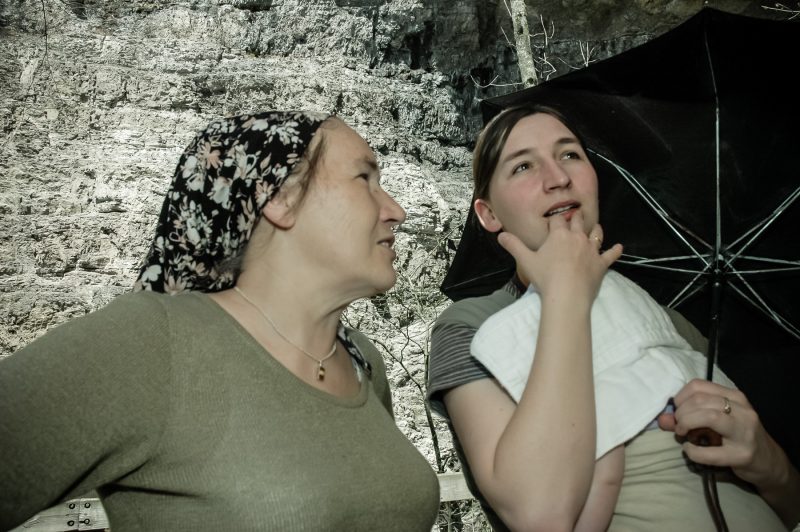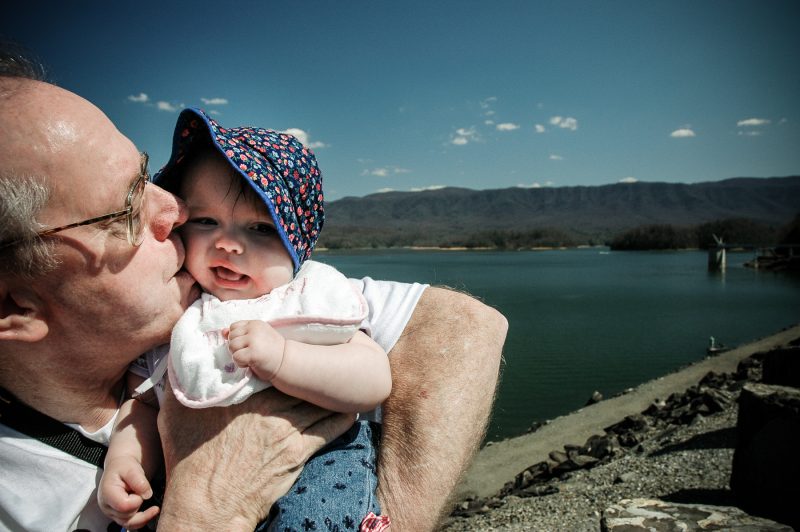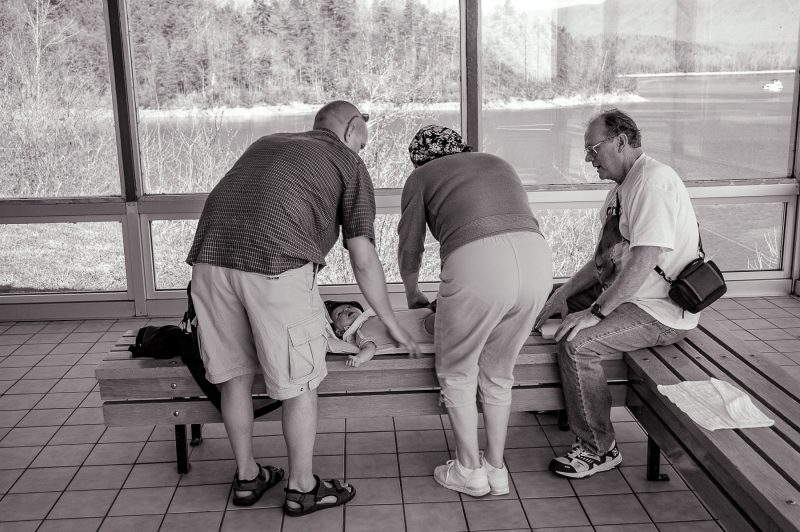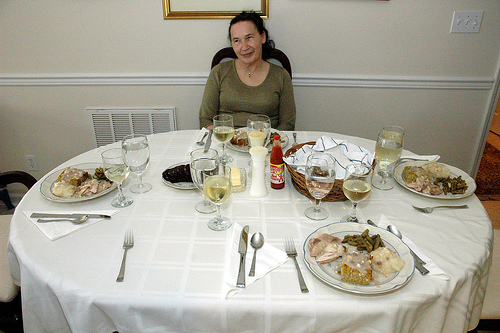The internet has produced a lot of oddities, as well as its fair share of stupidity. When everyone thinks they’re being anonymous, they feel they have license to say and do whatever.
On the other hand, the opposite is possible (not to mention more popular): using the internet to make a name for oneself.
Occasionally, we find cases of the latter that should have been cases of the former. At least once, it’s cost someone quite a bit.
One such instance was a bust here in Asheville over the weekend.
A party invitation posted on MySpace.com that advertised all you could drink for $5 has led to charges against the hosts of aiding underage drinking and selling alcohol without a permit.
Agents who raided the weekend gathering at an Asheville apartment complex also discovered a pinata filled with condoms and sex toys, underscoring the danger of young people attending parties put on by strangers, said Allen Page, assistant district supervisor for N.C. Alcohol Law Enforcement. […]
The agency was alerted to the party through an anonymous fax showing a printout of a MySpace page, he said.
The posting said the party would start at 11 p.m. Saturday at 161 Edgewood Road, Apartment 2. It said patrons could get all they wanted to drink for $5 and that a pinata would be broken during the gathering.
Two undercover officers paid the admission charge and went inside, where they found a keg of beer in the bathtub, he said. State agents and Asheville police officers made arrests early Sunday after getting a search warrant.
It’s no longer unusual for ALE agents to learn about illegal house parties though Internet postings on Web sites such as MySpace, the popular social networking site, Page said. (Asheville Citizen-Times)
A 21st-century bust aided by 20th-century technology, abetted by a fair amount of stupidity from the perpetrators…
